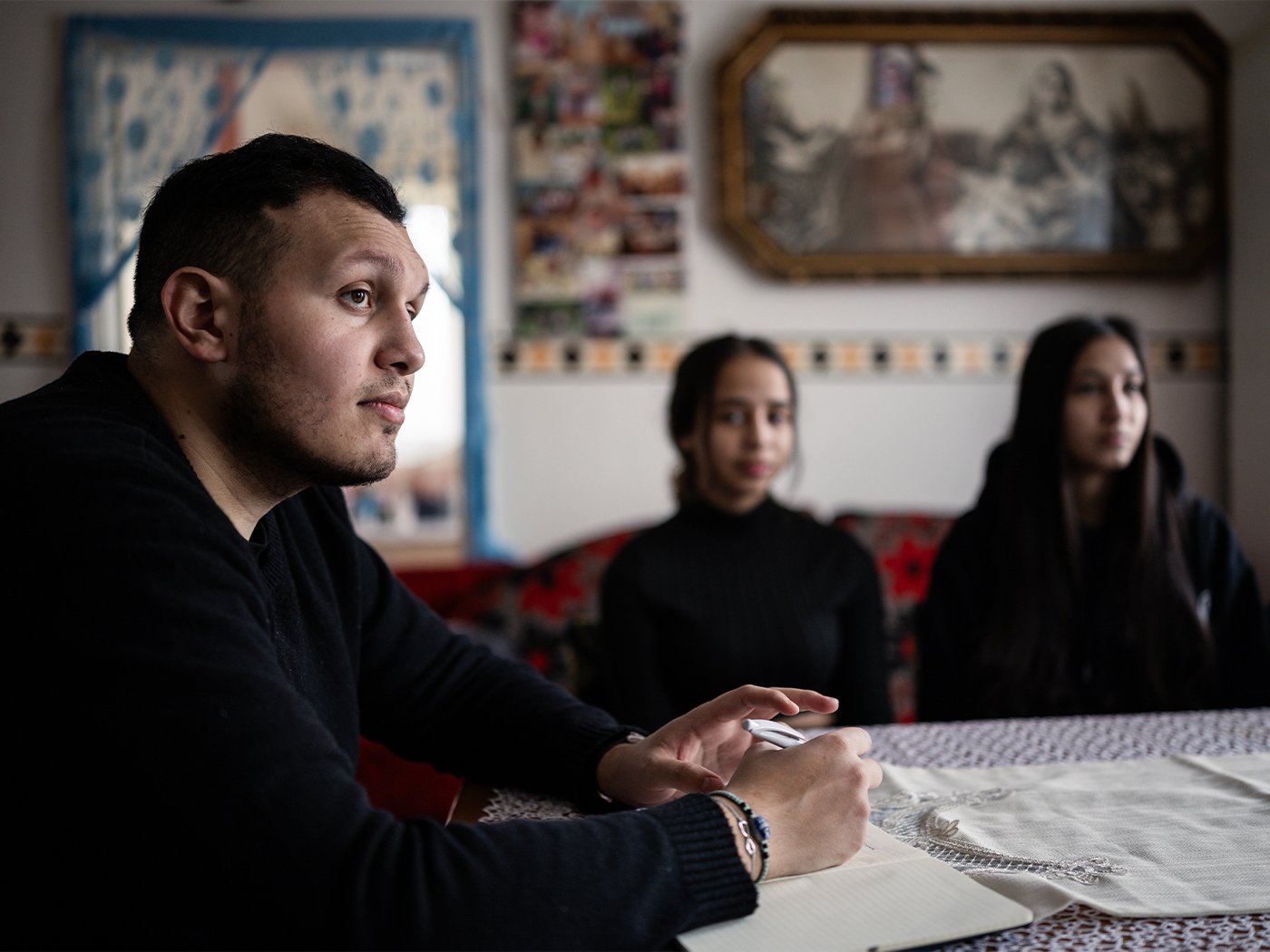On this International Day for the Elimination of Racial Discrimination, the Roma Foundation for Europe calls for urgent action to address the structural exclusion that continues to hold back millions across the continent and costs us all.
Discrimination against Europe’s largest ethnic minority, with a population of 12 million, including Turkey, takes many forms—from being shut out of the labour market to being denied equal access to education, housing, and digital opportunities. These structural barriers don’t just limit individual lives; they weaken entire societies and economies.
An increase in racial hatred and prejudice against the Roma and Sinti communities, including in Germany, has been noted. According to a Eurobarometer survey, 65% of respondents across the European Union said discrimination against Roma is widespread, 61% said discrimination based on skin colour is widespread and 60% said discrimination based on ethnicity is widespread.
“Discrimination does not only harm those directly affected—it weakens societies and economies as a whole. Roma continue to face systemic racism in nearly every aspect of life,” says Zeljko Jovanovic, President of the Roma Foundation for Europe.
“When governments allow racial discrimination to persist in our day-to-day lives, in employment, education, and housing, they are actively weakening their own economies and social cohesion. The cost of exclusion is too high—Europe cannot afford to waste the potential of its youngest and fastest-growing workforce. Every lost opportunity for Roma is a lost opportunity for Europe’s future.”
A 2021 survey conducted by the Roma Initiatives Office (now Roma Foundation for Europe), based on responses from 6,181 participants, highlights the extent of racial discrimination Roma face in daily life where 25.6% of Roma respondents were unfairly not hired for a job, 14.7% reported being fired or denied a promotion unfairly.
Meanwhile, 15.3% were unfairly stopped, searched, questioned, or physically threatened by the police, and 9.5% of Roma respondents reported experiencing discrimination almost every day or at least once a week.
Zeljko Jovanovic added, “Ending racial discrimination requires more than symbolic commitments. Governments must take decisive action—enforce anti-discrimination laws, invest in skills and entrepreneurship, and eliminate the barriers that keep Roma locked out of economic opportunities. Exclusion is not just a social injustice—it is an economic failure.”
Despite the EU’s economic strength, many Roma live in conditions comparable to some of the world’s poorest regions. Only 51% of Roma children attend preschool—far below the EU average of 94%, and similar to enrolment rates in Sub-Saharan Africa (48%). Meanwhile, 56% of young Roma are not in education, employment, or training (NEET)—a figure that exceeds even the Global South average (~30%) and is five times higher than the EU average of 11%. Roma unemployment stands at 34%, compared to just 6% in both Sub-Saharan Africa and the broader EU. These are not just numbers—they are warnings. This is not a gap; it is a gulf. And it is not just a matter of fairness—it is a missed opportunity for Europe.
These statistics underscore the need for urgent action to address both structural and everyday racism. Discrimination is not just a personal experience; it reflects deeper systemic inequalities that hold back millions and weaken Europe as a whole.
Download
PDF File, 0.13 MB

Roma Foundation for Europe
The latest

Serbia Must Amend Missing Persons Alert System to Protect Vulnerable Adults

Constitutional Review of the Šutar Law Confirms Serious Rule-of-Law Concerns

Europe’s Growth Depends on Roma Talent
Browse by category
Campaigns
Events
Facts
Press
Voices
For media inquiries:
[email protected]Sign up here so you don’t miss out on campaign updates, upcoming events and other news from the Roma Foundation for Europe and our network.
Sign up for our newsletter